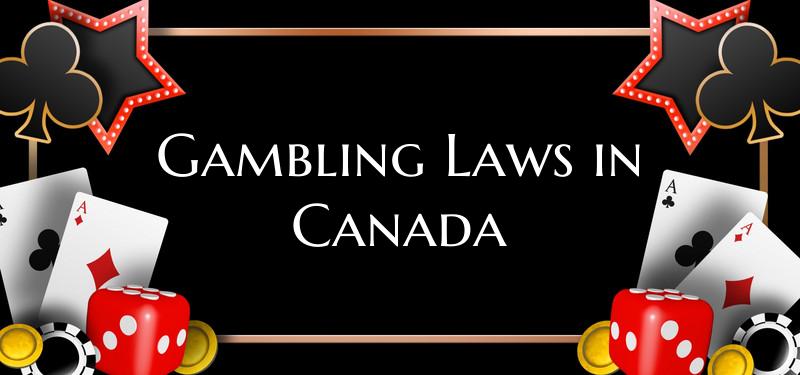Gambling Laws in Canada
Gambling has been a popular pastime for many Canadians, with numerous land-based casinos, online gambling platforms, and lottery options available throughout the country. However, the legality of gambling activities in Canada is governed by a complex set of laws and regulations that vary depending on the type of gambling involved and the province in which it takes place.
In Canada, gambling is generally regulated by the federal government as well as individual provincial and territorial governments. The Criminal Code of Canada sets out the laws regarding gambling activities that are considered illegal, such as operating a common gaming or betting house and participating in bookmaking or pool-selling activities. However, the Criminal Code also allows for certain exceptions and provisions that give provinces the authority to regulate and license specific types of gambling within their jurisdictions.
Each province and territory in Canada has its own regulatory framework for overseeing gambling activities within its borders. This means that the legal requirements and permissible forms of gambling can differ significantly from one region to another. For example, while some provinces have established government-run casinos and lotteries, others have opted to allow private companies to operate these facilities.
One of the most important pieces of legislation related to gambling in Canada is the Criminal Code's provisions on lotteries and games of chance. Under these laws, individuals and organizations looking to offer lotteries, games of chance, or other forms of gambling must comply with specific rules and regulations, including obtaining the necessary licenses and approvals from the relevant regulatory authorities.
Online gambling is another area of interest when it comes to gambling laws in Canada. While online gambling is a popular and rapidly growing industry, the legal status of online gambling activities in Canada remains somewhat ambiguous. The laws surrounding online gambling are complex and are subject to ongoing debate and interpretation. Some provinces have chosen to establish their own online gambling platforms, while others have taken a stricter approach by prohibiting or restricting online gambling altogether.
In summary, understanding and navigating the gambling laws in Canada can be challenging due to the intricate and evolving regulatory landscape. It is essential for individuals and businesses involved in gambling activities to familiarize themselves with the laws and regulations applicable to their specific jurisdiction to ensure compliance and avoid potential legal issues. By staying informed and seeking legal advice when necessary, individuals can enjoy gambling activities within the boundaries of the law while respecting the regulations put in place to protect players and uphold the integrity of the industry.
